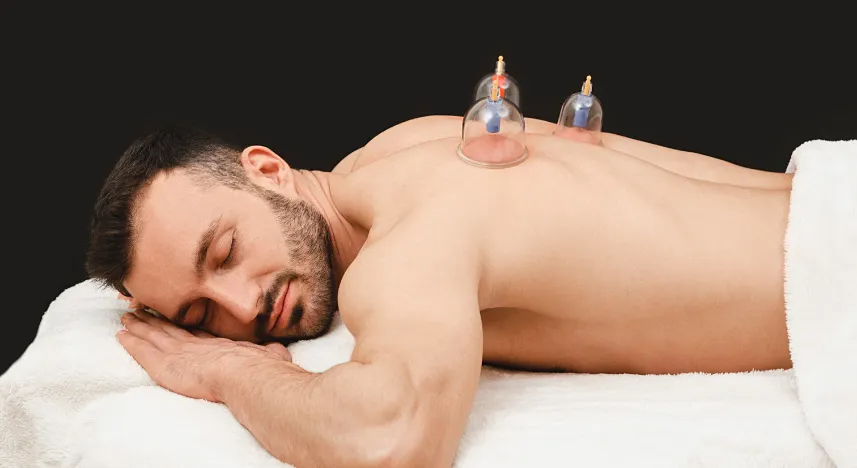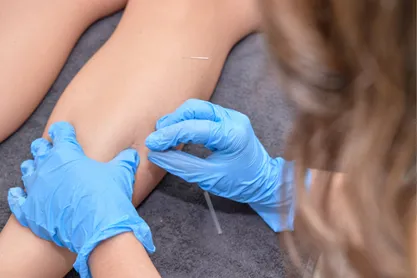 647-722-3434
647-722-3434 Loading...
Loading...
Cupping Therapy

Cupping Therapy in Etobicoke
Rapharehab offers specialised cupping therapy in Etobicoke to support Canadians in achieving improved wellness and recovery. This traditional therapy uses suction cups to stimulate blood flow, relieve muscle tension, and promote healing, making it a valuable treatment for chronic pain and stress relief.
Our trained practitioners use precise techniques to target problem areas, enhancing circulation, reducing inflammation, and supporting natural body detoxification. Cupping therapy is safe, non-invasive, and suitable for a wide range of individuals seeking relief from muscle pain, tension, or stress-related conditions.
Techniques and Process of Cupping Therapy in Etobicoke
- Assessment of the body to identify areas of tension and pain.
- Application of suction cups to targeted muscles and tissues.
- Use of static, sliding, or wet cupping techniques depending on needs.
- Gentle manipulation to improve circulation and relieve muscle stiffness.
- Post-therapy guidance for maintaining muscle health and mobility.
Benefits of Cupping Therapy in Etobicoke
- Relieves chronic pain and muscle tension effectively.
- Promotes improved blood flow and circulation.
- Reduces inflammation and supports faster recovery.
- Encourages natural detoxification and healing processes.
- Helps reduce stress and enhances relaxation.
- Supports mobility and flexibility in muscles and joints.
- Safe, non-invasive therapy suitable for diverse patients.
- Provides complementary support alongside other physiotherapy treatments.


Common Conditions Treated with Cupping Therapy
- Chronic back pain
- Neck and shoulder stiffness
- Muscle tension and spasms
- Sports-related injuries
- Arthritis and joint pain
- Stress and anxiety-related tension
- Headaches and migraines
- Postural strain from long hours of sitting
- Improved blood circulation issues
- Muscle recovery after intense exercise
- Scar tissue and adhesions
- General wellness and relaxation support
Why Choose Rapharehab for Cupping Therapy in Etobicoke
Rapharehab offers expert cupping therapy in Etobicoke performed by trained professionals who focus on safe and effective treatment tailored to individual needs. Our therapy enhances recovery, relieves pain, and supports overall wellness, providing Canadians with holistic care in a professional setting.
We combine traditional cupping techniques with modern physiotherapy practices to maximise results and ensure patient comfort. Whether addressing chronic pain, sports injuries, or seeking relaxation, our approach supports long-term health and functional improvement.
Book Your Cupping Therapy Session in Etobicoke
Schedule an appointment with Rapharehab’s cupping therapy in Etobicoke to experience targeted pain relief, enhanced mobility, and improved well-being. Our team provides safe, effective, and personalised therapy sessions to meet your health and recovery goals.

